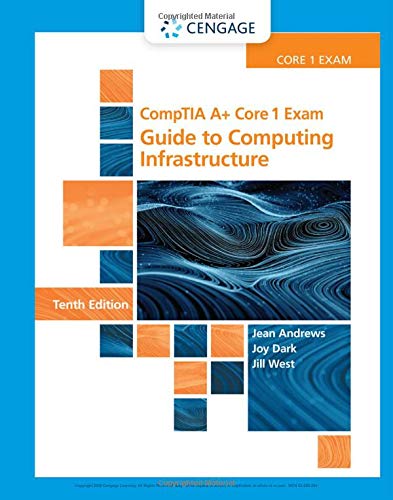6.3B-3. Multiple Access protocols (3). Consider the figure below, which shows the arrival of 6 messages for transmission at different multiple access wireless nodes at times t=0.1, 0.8, 1.35, 2.6, 3.9, 4.2. Each transmission requires exactly one time unit. t=0.0 1 0 0 1 2 3 4 For the CSMA protocol (without collision detection), indicate which packets are successfully transmitted. You should assume that it takes .2 time units for a signal to propagate from one node to each of the other nodes. You can assume that if a packet experiences a collision or senses the channel busy and that that node will not attempt a retransmission of that packet until sometime after t=5. Hint: consider propagation times carefully here. 5 2 3 9 t-1.0 t=2.0 4 t-3.0 56 t=4.0 t=5.0
6.3B-3. Multiple Access protocols (3). Consider the figure below, which shows the arrival of 6 messages for transmission at different multiple access wireless nodes at times t=0.1, 0.8, 1.35, 2.6, 3.9, 4.2. Each transmission requires exactly one time unit. t=0.0 1 0 0 1 2 3 4 For the CSMA protocol (without collision detection), indicate which packets are successfully transmitted. You should assume that it takes .2 time units for a signal to propagate from one node to each of the other nodes. You can assume that if a packet experiences a collision or senses the channel busy and that that node will not attempt a retransmission of that packet until sometime after t=5. Hint: consider propagation times carefully here. 5 2 3 9 t-1.0 t=2.0 4 t-3.0 56 t=4.0 t=5.0
Comptia A+ Core 1 Exam: Guide To Computing Infrastructure (mindtap Course List)
10th Edition
ISBN:9780357108376
Author:Jean Andrews, Joy Dark, Jill West
Publisher:Jean Andrews, Joy Dark, Jill West
Chapter8: Network Infrastructure And Troubleshooting
Section: Chapter Questions
Problem 8TC
Related questions
Question

Transcribed Image Text:6.3B-3. Multiple Access protocols (3). Consider the figure below, which shows the arrival of 6
messages for transmission at different multiple access wireless nodes at times t=0.1, 0.8, 1.35, 2.6,
3.9, 4.2. Each transmission requires exactly one time unit.
1
t=0.0
U
1
N
23
4
t=1.0
t=2.0
4
For the CSMA protocol (without collision detection), indicate which packets are successfully
transmitted. You should assume that it takes .2 time units for a signal to propagate from one node to
each of the other nodes. You can assume that if a packet experiences a collision or senses the
channel busy and that that node will not attempt a retransmission of that packet until sometime
after t=5. Hint: consider propagation times carefully here.
t-3.0
t=4.0
t=5.0
Expert Solution
This question has been solved!
Explore an expertly crafted, step-by-step solution for a thorough understanding of key concepts.
Step by step
Solved in 3 steps

Knowledge Booster
Learn more about
Need a deep-dive on the concept behind this application? Look no further. Learn more about this topic, computer-science and related others by exploring similar questions and additional content below.Recommended textbooks for you

Comptia A+ Core 1 Exam: Guide To Computing Infras…
Computer Science
ISBN:
9780357108376
Author:
Jean Andrews, Joy Dark, Jill West
Publisher:
Cengage Learning

A+ Guide To It Technical Support
Computer Science
ISBN:
9780357108291
Author:
ANDREWS, Jean.
Publisher:
Cengage,

Systems Architecture
Computer Science
ISBN:
9781305080195
Author:
Stephen D. Burd
Publisher:
Cengage Learning

Comptia A+ Core 1 Exam: Guide To Computing Infras…
Computer Science
ISBN:
9780357108376
Author:
Jean Andrews, Joy Dark, Jill West
Publisher:
Cengage Learning

A+ Guide To It Technical Support
Computer Science
ISBN:
9780357108291
Author:
ANDREWS, Jean.
Publisher:
Cengage,

Systems Architecture
Computer Science
ISBN:
9781305080195
Author:
Stephen D. Burd
Publisher:
Cengage Learning

Principles of Information Security (MindTap Cours…
Computer Science
ISBN:
9781337102063
Author:
Michael E. Whitman, Herbert J. Mattord
Publisher:
Cengage Learning

A+ Guide to Hardware (Standalone Book) (MindTap C…
Computer Science
ISBN:
9781305266452
Author:
Jean Andrews
Publisher:
Cengage Learning